
Why the Swiss government system is (not) ready for reform

The president of the Green Party - the main winner of October’s parliamentary elections - is trying to win a seat in the Swiss government. Should Regula Rytz’s ambition be allowed to result in the overturning of the traditional party-political make-up of the seven-member executive?
Rytz’s chances of snatching a seat from one of the incumbents are slim, despite weeks of build-up to Wednesday’s elections in both chambers of parliament. The political right and the centre argue it is too early for the Greens to be rewarded with a seat which would come at the expense of the centre-right Radical Party.
Under a 60-year old agreement between the main political parties, the government – also referred to as the Federal Council – consists of representatives of the four strongest groups in parliament.
In 1959 the four main political parties agreed on the division of the seven cabinet seats. Two seats each for the Radicals, the Christian Democrats and the Social Democrats. The People’s Party was given one seat.
This system was meant to represent all major political parties according to their share of vote and oblige them to cooperate for the good of the country and the people.
The original ‘magic formula’ remained in place until 2003, when the People’s Party rose to the top. As a result of repeated election wins, the right-wing party won a second seat at the expense of the Christian Democrats.
Experts disagree whether the Swiss political system has reached another watershed moment in 2019 when the formula needs another reform. Proposals include the participation of the Greens or/and increasing the number of government ministers.
But political scientist Michael Hermann of the Sotomo research instituteExternal link says it is time to adapt the informal ‘magic formula’ that determines the composition of cabinet.
swissinfo.ch: Is Regula Rytz, the president of the Green Party, right to demand a seat in the multi-party government?
Michael Hermann: Absolutely. There are perfectly good reasons for her candidacy, be it the increase in the share of votes for the Greens in the elections to the House of Representatives or the number of seats in the Senate. Until now the Greens have been told that they are only a sizeable group in the House.
swissinfo.ch: Who would have to make room for the Greens in the government?
M.H.: The situation is most awkward for the two parties right of the centre, that is the Radicals and the Swiss People’s Party. They are well short of a majority in the parliamentary chambers but they have two seats each, that is, the majority in the seven-member cabinet.
swissinfo.ch: Rytz is targeting a seat belonging to the Radicals. Which of their two ministers is more at risk?
M.H.: It is clearly Foreign Minister Ignazio Cassis. His party colleague, Karin Keller-Sutter, is more popular and appears to have a strong position in the cabinet. However, Cassis is somehow protected by his status as a representative of the minority Italian-language region of the country.
swissinfo.ch: Are the Greens entitled to a seat in government if the argument is that the make-up of cabinet should reflect the will of voters?
M.H.: That’s right if we only consider the results of the October parliamentary elections. Yet the so-called ‘magic formula’ is not a strict mathematical equation. There are other things to take into account.
swissinfo.ch: How are young voters supposed to understand such a system. They supported the Greens and their environmental policy?
M.H.: Greens and environmentally minded parties have a strong position in parliament over the next four years and they are keen to push through their demands. This ambition clashes with the traditional thinking of retaining power.
Switzerland still has a very stable political system but it has become more fluid. Many voters might choose the political right now because of a current issue but support the political left or the Greens next time round.
swissinfo.ch: Representatives of the established parties argue it goes against political Swiss traditions to unseat an incumbent minister. Why?
M.H.: You should stay away from politics if you are afraid of being voted out. I think a cabinet position must not be defined by someone’s personal career plans. It must be possible that they include an abrupt and early end.
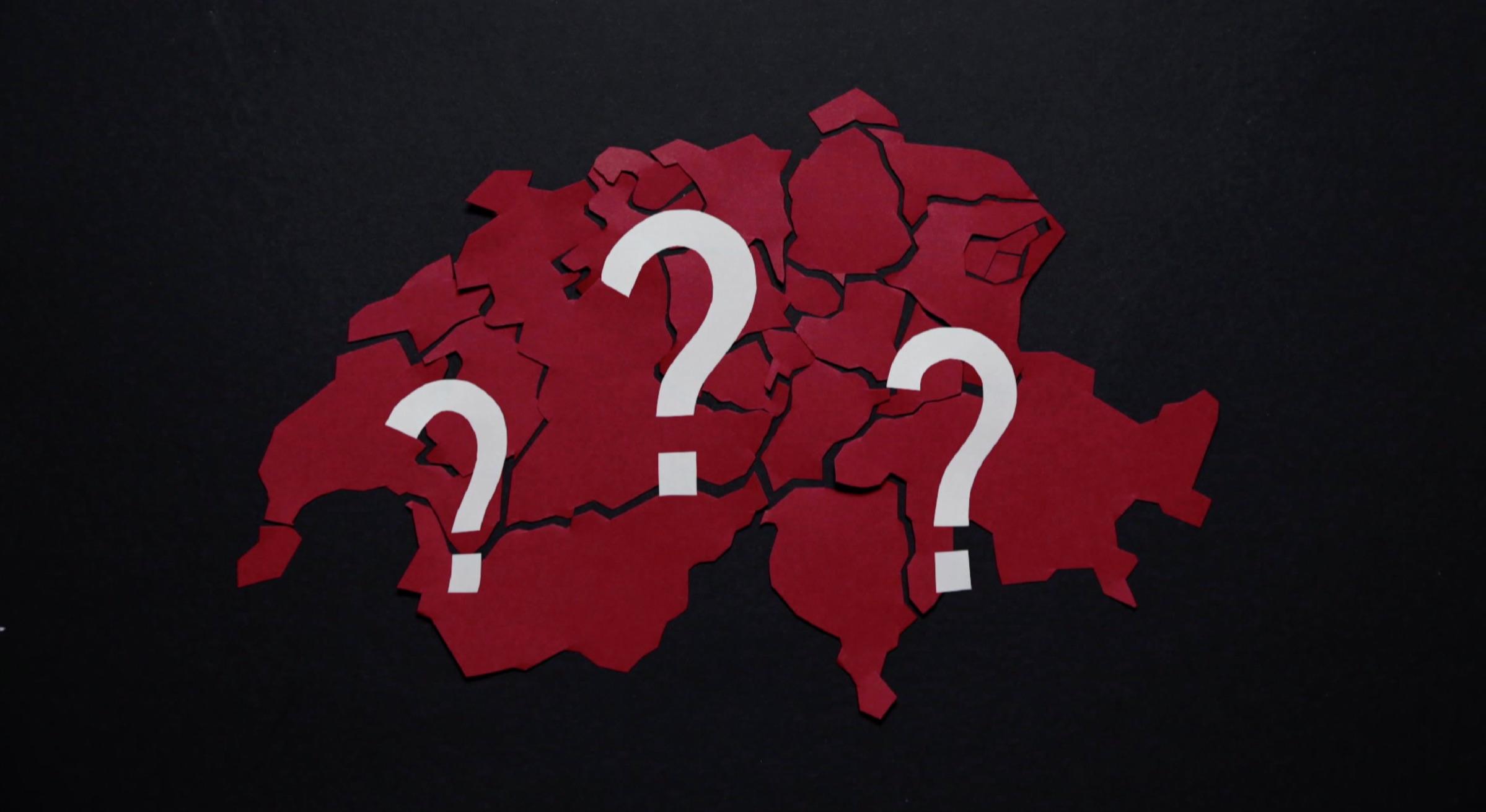
More
How are Swiss government members elected?
Adapted from German/urs

In compliance with the JTI standards
More: SWI swissinfo.ch certified by the Journalism Trust Initiative


































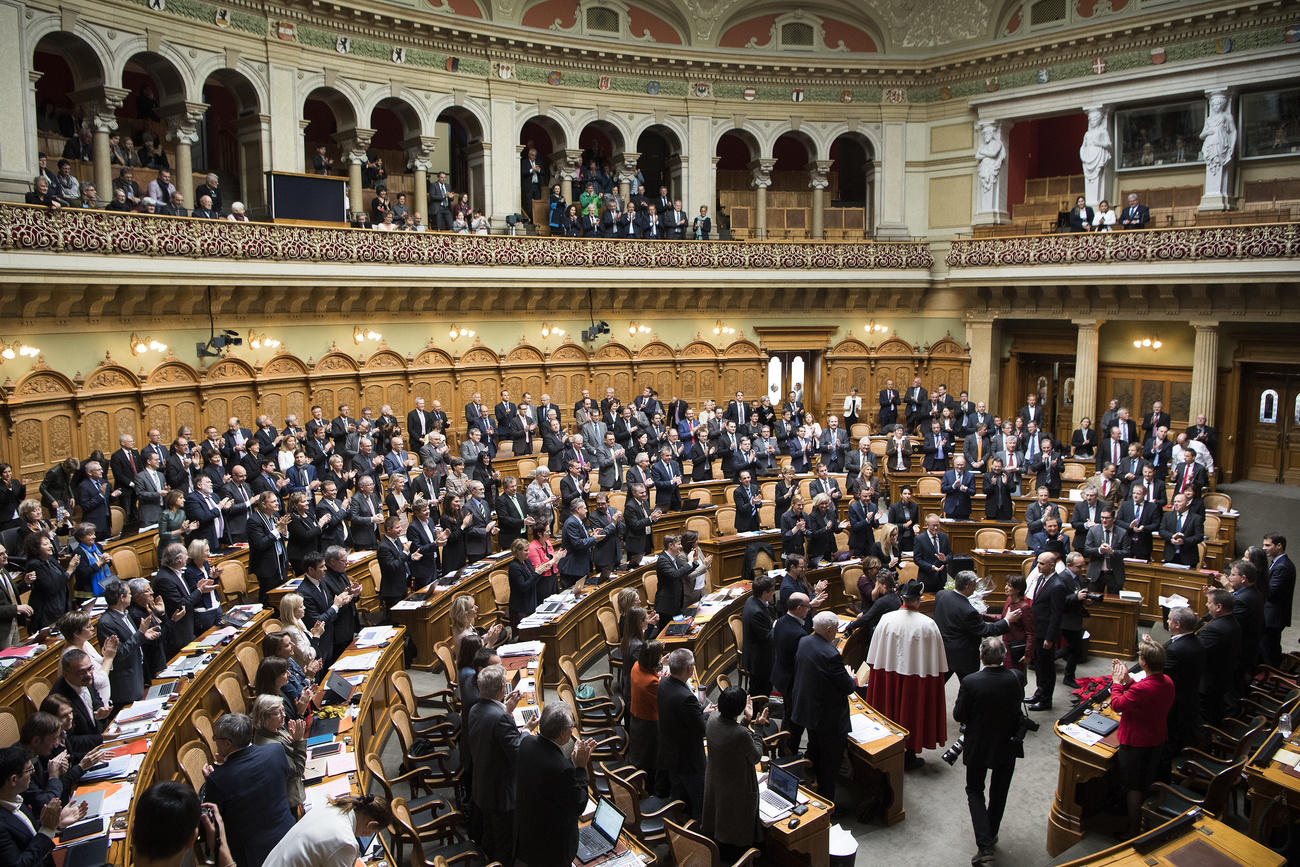
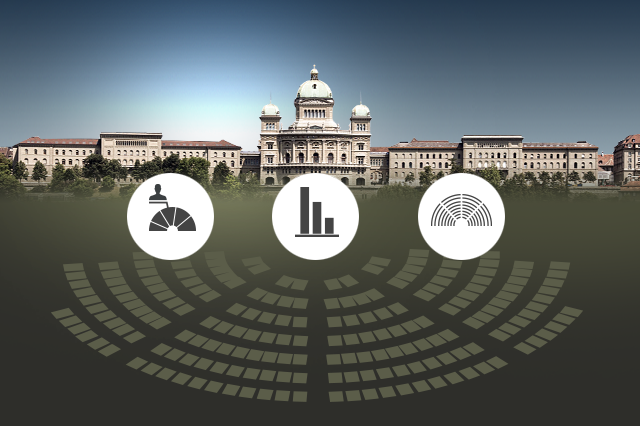
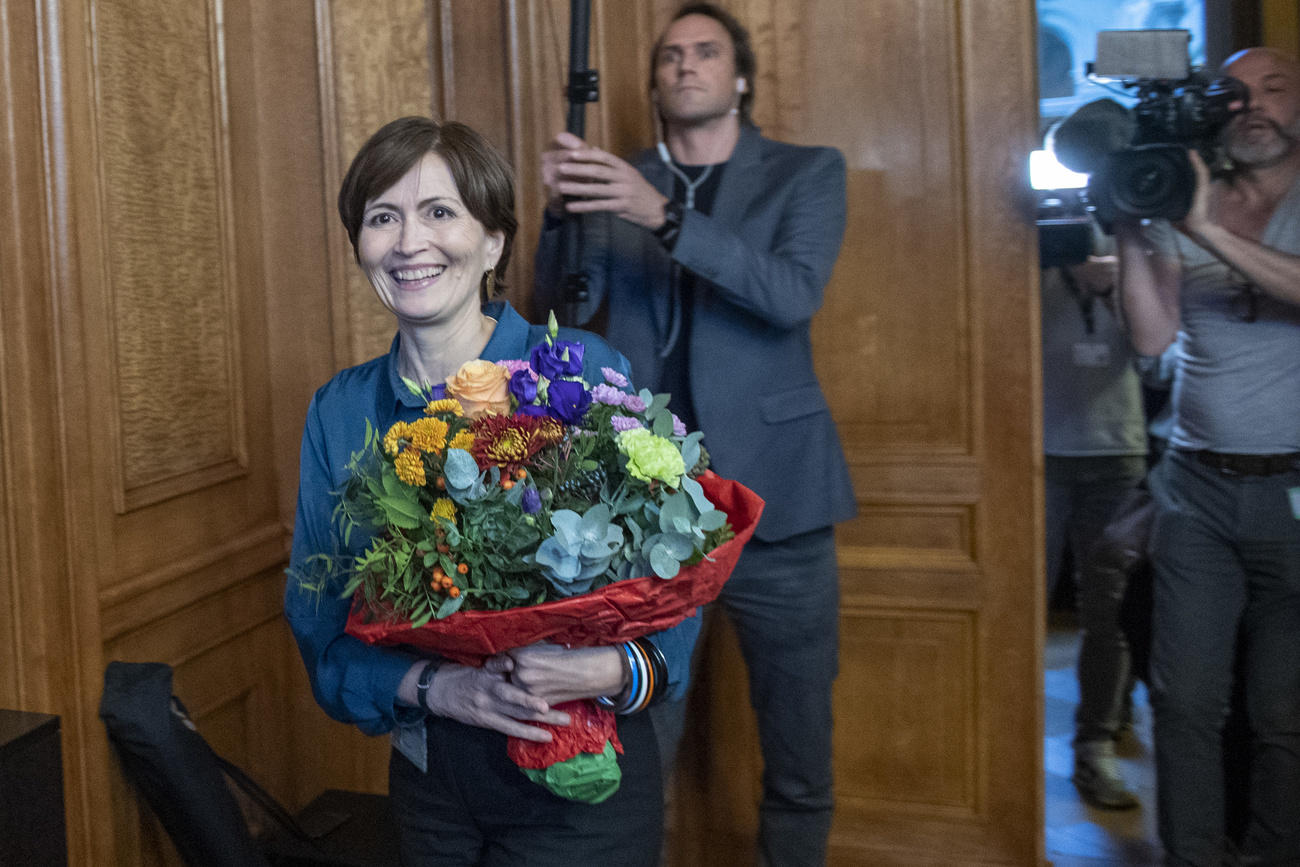
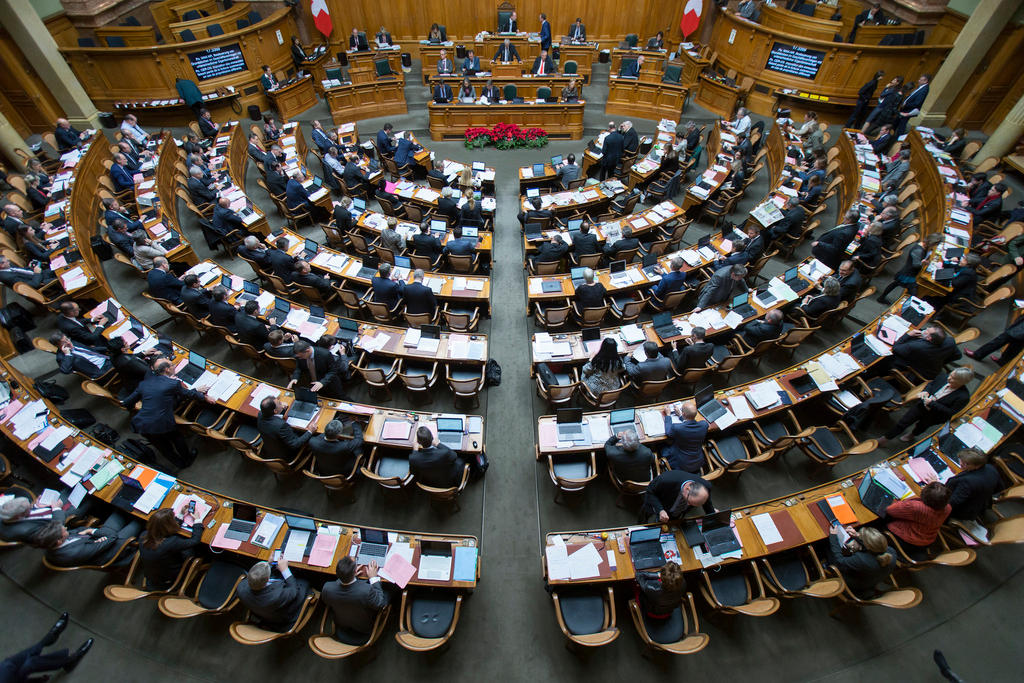
You can find an overview of ongoing debates with our journalists here . Please join us!
If you want to start a conversation about a topic raised in this article or want to report factual errors, email us at english@swissinfo.ch.